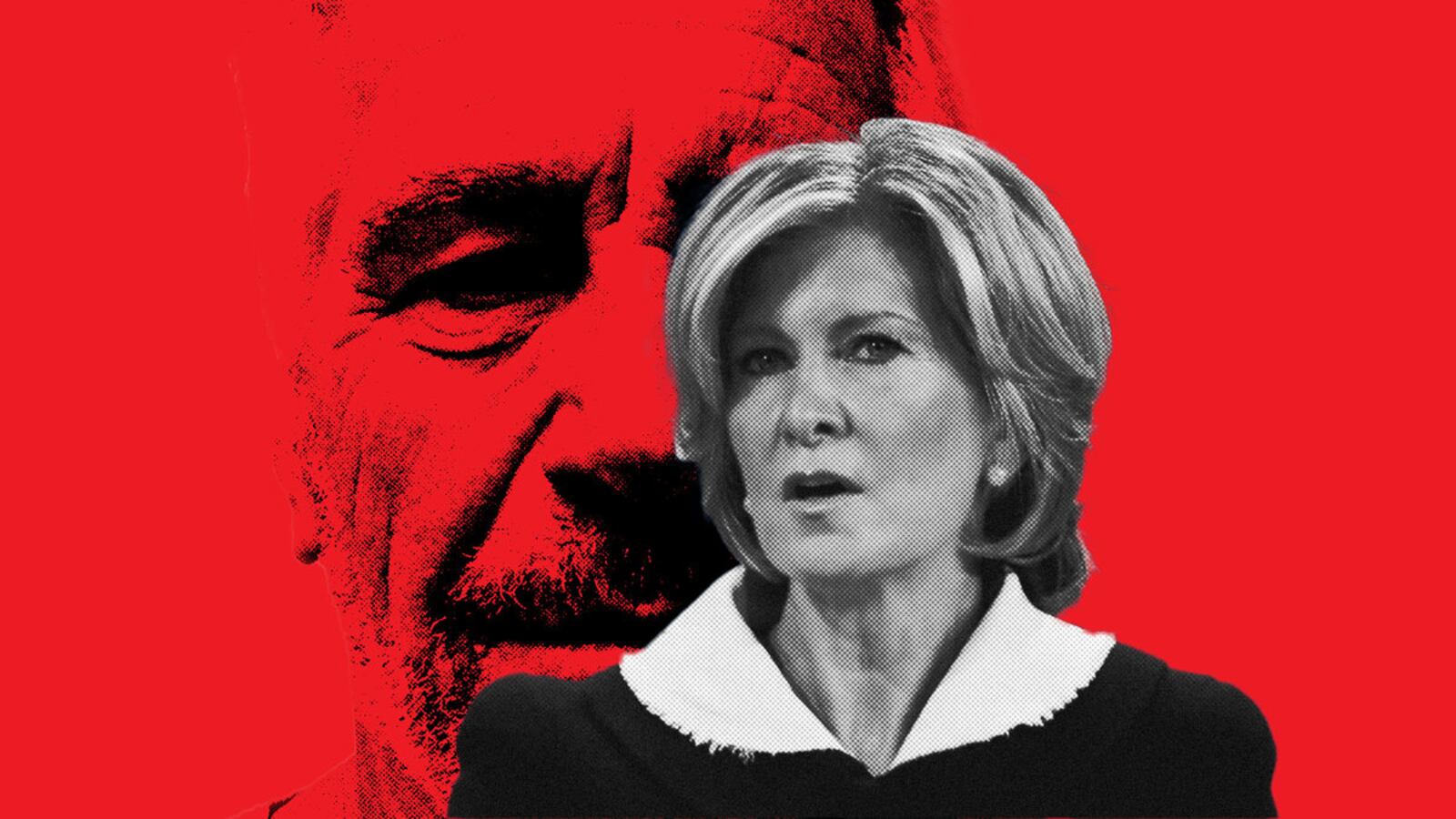In its legal battle with JPMorgan, the government of the U.S. Virgin Islands claims the investment bank “obstructed” authorities investigating convicted sex-trafficker Jeffrey Epstein—and says its executives knew more about Epstein’s activities than they’ve previously disclosed.
The bank’s conduct has led to “serious harm” for women and girls in the Caribbean territory, the Virgin Islands contend in the suit.
On Monday, the territory’s Attorney General officially asked to amend its lawsuit against JPMorgan to include one count of obstruction of enforcement of the Trafficking Victims Protection Act (TVPA). The latest complaint includes new accusations about what the bank—and executives including Mary Erdoes—knew about Epstein, though much of those claims are redacted.
Erdoes, CEO of the bank’s Asset & Wealth Management division, was deposed in the Virgin Islands’ case last month. Jes Staley, Epstein’s friend and JPMorgan’s former head of private bank, and JPMorgan CEO Jamie Dimon were also reportedly scheduled for under-oath interviews.
According to the amended complaint, JPMorgan employees and senior executives had “emailed internally that Epstein was under investigation or had been sued for trafficking or sexual abuse” during the course of the bank’s relationship with the perverted financier. (Epstein had a relationship with JPMorgan from 1998 to 2013, including the period during which he pleaded guilty to soliciting an underage girl and served jail time in Florida in 2008.)
“Internal emails also questioned who Epstein’s clients were,” the filing states. “Indeed, Epstein’s behavior was so widely known at JPMorgan that senior executives joked about Epstein’s interest in young girls.” The document cites a 2008 email that Erdoes received, though it redacts what the sender had allegedly asked her.
“JP Morgan had information that it knew was directly relevant to the federal investigation of Epstein’s suspected trafficking,” including Epstein’s “payments to Eastern European women,” the complaint states.
Meanwhile, the lawsuit alleges “JP Morgan was well aware that Epstein had pleaded guilty and served prison time for engaging in sex with a minor—a crime closely connected with sex-trafficking in violation of the TVPA.”
“JP Morgan also was well aware that there were public allegations that his illegal conduct was facilitated by several named co-conspirators,” the filing continues. “But JP Morgan concealed from the federal government its numerous cash payments to those co-conspirators.
“JP Morgan continued its affirmative conduct of allowing Epstein to access cash so that he could make those cash payments to his co-conspirators with knowledge that such cash transactions did not produce a clear paper trail.”
The U.S. Virgin Islands argues that the investment bank allowed Epstein and his associates to make “large withdrawals of cash” so that his sex-trafficking ring “would escape the detection of federal law enforcement and prosecuting agencies.”
The territory’s attorney general sued JPMorgan in December, weeks after two victims of Epstein filed lawsuits against the financial giant and Deutsche Bank. The plaintiffs in the trio of related cases argue the banks profited off Epstein’s trafficking scheme.
Last week, the attorney general issued subpoenas to several wealthy men for communications related to the bank and Epstein. The Wall Street Journal reported that the group included Google billionaire Sergey Brin, Hyatt Hotels executive chairman Thomas Pritzker, media and real estate billionaire Mortimer Zuckerman, and former talent agent Michael Ovitz.
JPMorgan Chase (JPMC) has denied any wrongdoing in connection to Epstein and sought to have the lawsuits dismissed. A federal judge, however, ruled the cases can proceed.
In a motion to dismiss, the bank called the U.S. Virgin Islands’ complaint “a masterclass in deflection that seeks to hold JPMC responsible for not sleuthing out Epstein’s crimes over a decade ago.”
“Yet USVI had access at the time to the same information, allegations, and rumors about Epstein on which it alleges JPMC should have acted,” the bank’s attorneys stated in the filing. “Indeed, as a law-enforcement agency, USVI had access to much more, along with the investigative advantage of physical proximity to Epstein’s crimes.”







